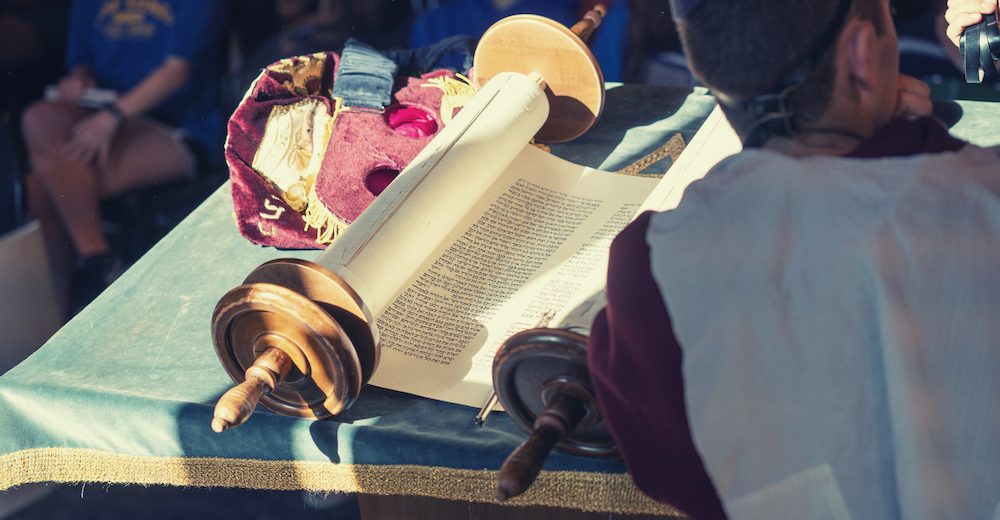Coming Back to Yom Tov Again
וּסְפַרְתֶּם לָכֶם מִמָּחֳרַת הַשַּׁבָּת מִיּוֹם הֲבִיאֲכֶם אֶת־עֹמֶר הַתְּנוּפָה שֶׁבַע שַׁבָּתוֹת תְּמִימֹת תִּהְיֶינָה… חֻקַּת עוֹלָם
(בְּכָל־מוֹשְׁבֹתֵיכֶ ם לְדֹרֹתֵיכֶם׃ (כ”ג, ט”ו,כ”א
“And from the day on which you bring the…offering—the day after the Sabbath—you shall count off seven weeks. They must be complete… This is a law for all time in all your settlements, throughout the ages.” (23:15,21)
In this week’s parsha, we see God command the Jewish people to observe all of the holidays that mark the lifecycle of the Jewish year.
Each holiday (aside from Chanukah and Purim, which came after the giving of the Torah) is listed by its date, its observances, and the sacrifices that we were commanded to bring. Reading through each of these explanations, they seem both familiar and foreign. For example, can you guess which holiday these verses refer to?
“And from the day on which you bring the…offering—the day after the Sabbath—you shall count off seven weeks. They must be complete: you must count until the day after the seventh week—fifty days; then you shall bring an offering of new grain to the LORD. On that same day you shall hold a celebration; it shall be a sacred occasion for you; you shall not work at your occupations. This is a law for all time in all your settlements, throughout the ages.”
There are some things that seem familiar….counting, seven weeks, 50 days, a celebration…ring a bell?
If you guessed Shavuot, you’re right! But the main thing we associate with Shavuot today isn’t even mentioned here!
We traditionally celebrate the giving of the torah on Shavuot and stay up all night learning torah together. The contrast with how Shavuot is discussed in the torah highlights how the customs of the holiday came together over thousands of years of Jewish history, between the written torah and the oral torah.
Each description of a holiday we find in parshat Emor is like this – familiar, but also leaving out some of how we’ve come to recognize these important markers of Jewish time.
This contrast is important, because it teaches us that these holidays belong both to God and the Jewish people. We have kept them and developed them over time, and we keep returning to them, year after year, decade after decade, for millennia of Jewish history.
And we’re still here, keeping Shavuot along with all of the other holidays together.
Think about what your favorite holiday is and how you’ve observed it over the years. You revisit it every year and bring something new of yourself that year to how you observe the holiday, and hopefully let the new experience impact you as well.
This feels even more true this year. This Shavuot, we won’t be going to shul and staying up late together learning. We’ll be celebrating from home, together but apart. While things may seem to have changed, they are fundamentally similar. The most important question remains unchanged – what of ourselves will we bring to our holiday?
Questions for the שבת table:
- Imagine there are no more Jewish holidays. They have disappeared from the year. Go around the table and have each person share: what would you miss most?
- Pick any Jewish holiday and complete the following sentence: “_________ (name of your holiday) is the most important holiday of the year because without it we wouldn’t __________________________________________.”




